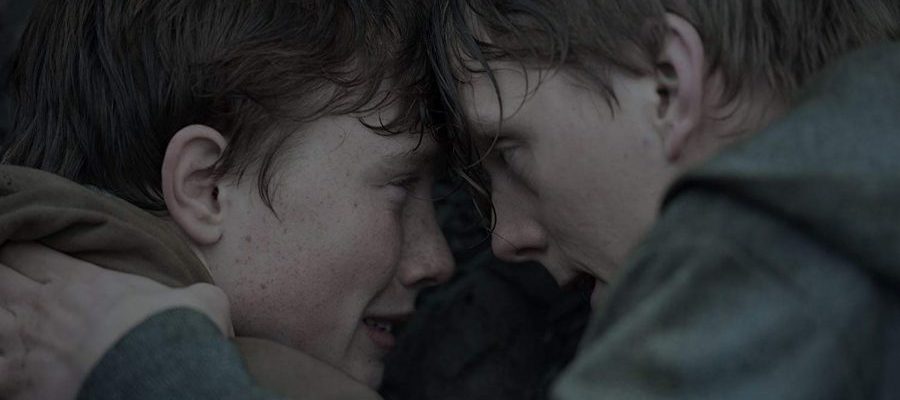Review: Though Harrowing, "22 July" Focuses on the Wrong Story

Isaiah Simeon ’22 / Emertainment Monthly Staff Writer
Turning terror attacks into movies is a tricky task. The filmmakers must accurately portray the event as they unfolded, yet also make audiences want to watch the film and relive horrific events. On top of this, they must walk the tightrope of creating a captivating story while not glorifying the perpetrators of the attack.
22 July, a Netflix original directed by Paul Greengrass, depicts the 2011 Norway terror attacks on a government building and youth summer camp which resulted in the deaths of 77 people. The film focuses on two figures in the story – the terrorist, Anders Behring Breivik (Anders Danielsen Lie), and a survivor of the attack, Viljar Hanssen (Jonas Strand Gravli).
Does 22 July succeed in portraying the attacks? Yes, all too well. The sequence depicting the attack is gut-wrenching and excruciatingly difficult to watch. For what seems like an eternity, the film follows Breivik as he marches across the campgrounds, shooting everything in sight. Nothing is left to the imagination. The audience watches the attack as if they were there. The attack occurs at the beginning of the film, with the majority of the runtime focusing on the aftermath of the tragedy.

Is this film exploiting a massacre? Not quite, but the practice of making films so heavily focused on individuals who inflict harm with the intention of creating a platform to spread their message is questionable. 22 July is not praising Breivik by any means, but it is giving him what he wants – to be immortalized. What more effective way than film?
Is this the new norm? Will every terrorist get their own film?

The other side of the story, focusing on Viljar Hanssen, a teen who was shot five times in the attack, is an excellent tale of recovery in the wake of tragedy. The biggest pitfall is that it is rushed since so much screen time is given to the terrorist acting coy with detectives and psychiatrists. Watching Hanssen’s journey from barely alive on a hospital bed to staring down his attacker in a courtroom is the best part of the film, and should have received way more screentime than it is given.
22 July is a well-made movie that tells two stories: one of growth and perseverance and the other of cruelty and hate. The former deserves to be told, the latter not so much.
Overall Grade: B-
Watch The Trailer:
[embedyt] https://www.youtube.com/watch?v=ZVpUZGmHJB8[/embedyt]